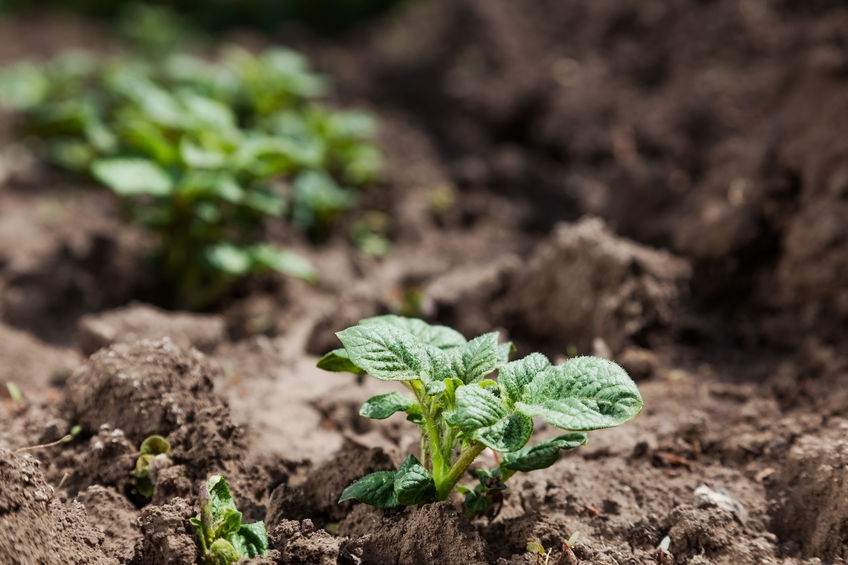
The UK is "lagging behind" its major European competitors in the development of organic food and farming, according to an organic organisation.
The English Organic Forum has written to Defra Secretary Michael Gove highlighting that why stronger support for organic farming would be a "significant opportunity" to deliver both economic and environmental benefits, consistent with government policy aspirations.
Nic Lampkin, Chair of the English Organic Forum and Director of the Organic Research Centre, said the UK needs to "up its game" and focus more on organic food and farming if it is to reach its ambition for a new agricultural policy that delivers public goods as well as economic benefits.
Mr Lampkin said: “Organic food and farming is closely aligned to the Government’s key aspiration of a ‘Green Brexit’. We would like to have seen more focus on organic, with all its benefits, in the consultation proposals on future food and farming policy.”
'Catching up'
Consumer demand for organic food and farming has seen record breaking growth in the UK and globally.
Currently, the European organic market is worth over £30 billion, while globally the organic market has reached £70billion retail sales value.
Adrian Blackshaw, Chair of the Organic Trade Board said: “In the UK the organic market achieved £2.2billion retail sales value, with nearly 7% growth in 2017.
“But many EU countries have seen 20% market growth rates in recent years, with market shares approaching 10% of food sales. Clearly we have some catching up to do just to satisfy growing consumer demand.”
Organic farming accounts for 6.7% of farmland under production in the EU (UK 3%). Italy, Sweden and Austria are between 15-20%.
President Macron has declared a target of 22% of French farmland to be organic by 2022 and the German government coalition agreement includes a target of 20% of German agriculture to be organic by 2030.
'Significant opportunity'
The English Organic Forum believes that there is a "significant opportunity" for the UK to catch up and achieve a share of at least 10% of UK food and farming, given appropriate support.
The Forum said that meeting more of the current and potential future demand for organic food from domestic production, rather than imports, would deliver economic and environmental benefits.
Roger Kerr, CEO of Organic Farmers and Growers said: “We are surprised that organic wasn’t more widely identified in the consultation documents. Organic production is backed up by a legal regulation with annual inspections, certification and verification.
“With this robust approach Defra can have confidence in organic food and farming delivering both economic benefits and public goods for all.”
The letter has been sent as Michael Gove prepares to address the Prosperity UK Green Brexit Conference in London on Thursday 15th March, which will see many of the issues raised, and the potential contribution of organic food and farming debated.
